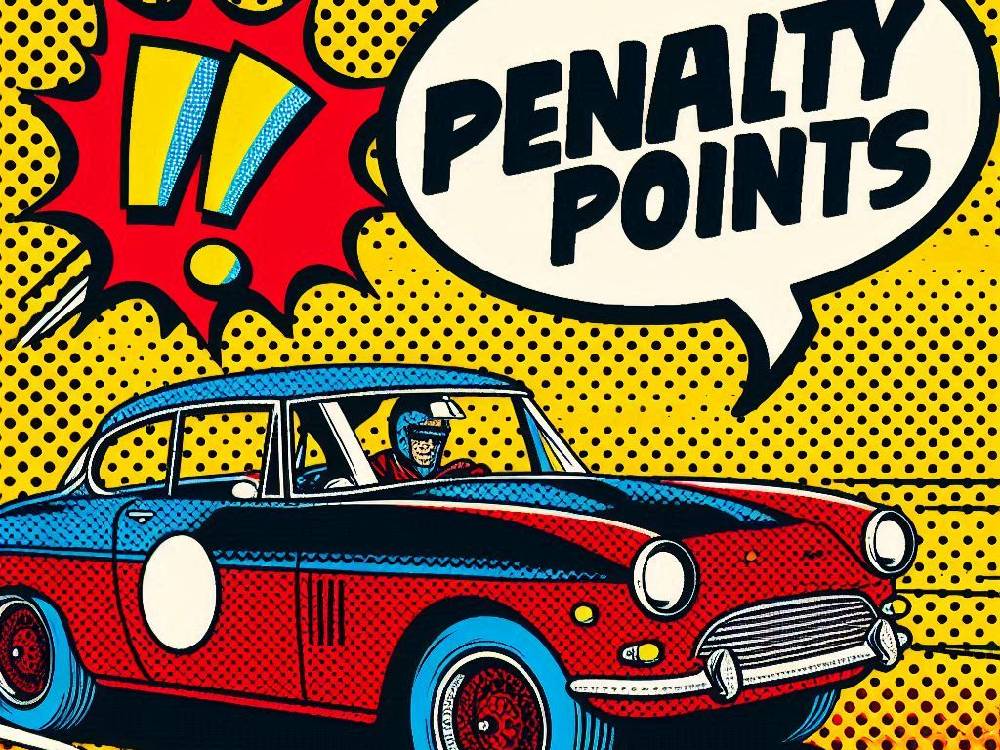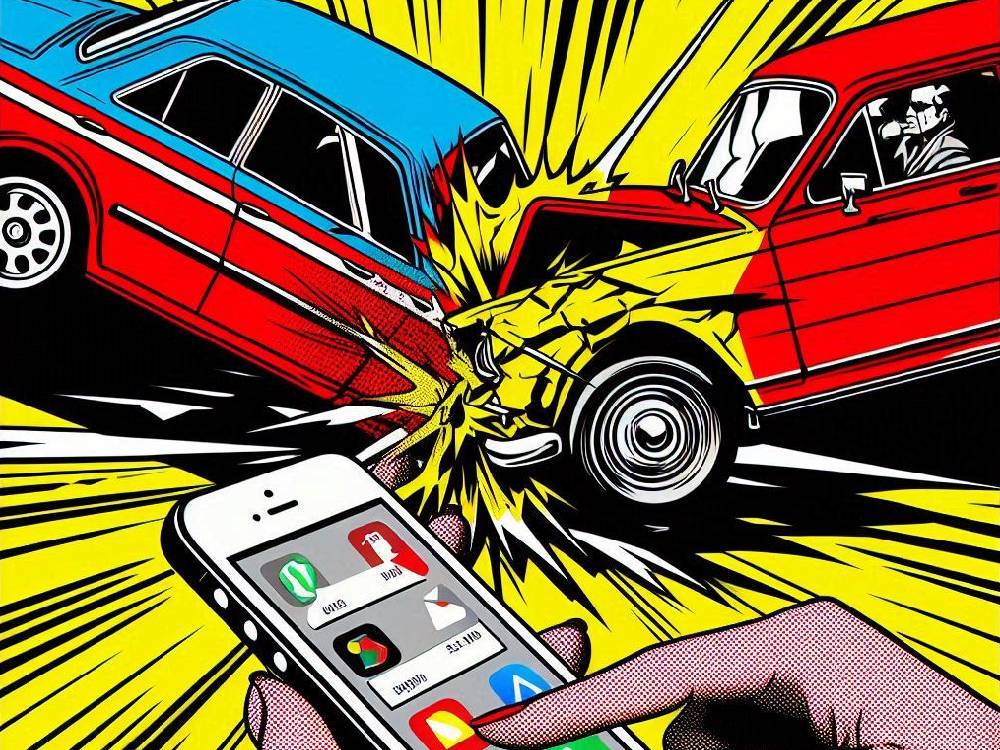Introduction
Motorists with penalty points, especially those with three to nine, could face steep hikes in insurance costs.
With Christmas approaching, many drivers are renewing their policies.
It is crucial to understand how penalty points can significantly raise premiums.
How Penalty Points Affect Insurance Premiums
Insurance providers see penalty points as a clear indicator of increased risk.
Each point on your licence suggests a higher chance of making a claim.
As a result, more points, or recent points, lead to an even greater perceived risk.
And what does that mean?
It means a higher premium.
For example, minor offences like speeding can lead to three points.
More serious offences, like driving under the influence, carry even more points.
Regardless of the offence type, points increase your insurance costs.
If you have received points recently, expect a steeper premium hike.
Here’s the thing: Some insurers may decline drivers with multiple recent points.
This is why it pays to drive carefully and keep your record clean.
To learn more, see Understanding Car Insurance.
Why Insurance Costs Rise With Penalty Points
The truth is, drivers with penalty points are viewed as higher risk.
Each point represents an instance of risky or careless driving.
Consequently, insurers see this as an increased likelihood of future claims.
Why?
Because recent offences show risky driving habits have not changed.
If you have points for a serious violation like using your phone while driving, insurers see it differently.
The result?
Higher premiums.
This is not just about financial costs.
It is also about encouraging safer driving habits.
Insurers want to see drivers alert and responsible.
Think about it..
It is not just your money.
It is your safety, too.
For more insights, see Why Is My Insurance Expensive?.
The Importance Of Disclosing Penalty Points
When renewing or applying for car insurance, it is essential to disclose penalty points.
Failing to disclose?
It is a risk not worth taking.
If insurers find undisclosed points, they can void your policy.
In other words, you would be driving uninsured, even if you have paid.
What is more, penalties for driving uninsured are severe.
You could face fines, extra points, or even court proceedings.
Not declaring points could lead to:
- Policy cancellation or refusal to renew.
- Higher fines or additional points.
- Difficulty finding affordable cover in the future.
Transparency matters.
When you are upfront, you maintain your insurer’s trust.
And by avoiding hidden risks, you prevent bigger financial setbacks.
Takeaway: Honesty saves you from even costlier issues down the road.
Check out What Happens If I Do Not Declare Points?.
How To Lower Insurance Costs With Penalty Points
Do you have penalty points on your record?
It is still possible to get a good rate.
The good news is that you have options.
Consider telematics or “black box” policies.
These track your driving habits, rewarding safe driving with lower premiums.
Another option?
Taking an advanced driving course.
Some insurers offer discounts to drivers who complete safety training.
Here is an idea: Turn penalty points into an opportunity to prove safe driving.
Also, be sure to shop around.
Some insurers specialise in covering higher-risk drivers.
This means you could find a competitive rate.
For more advice, see 5 Ways to Save Money.
Safe Driving Habits As A Long-Term Solution
One of the best ways to reduce costs is safe driving.
In fact, practising safe driving habits makes a difference.
Avoid risky behaviours, such as speeding or using your phone.
These actions help protect your driving record over time.
Guess what?
That clean record makes you a low-risk driver to insurers.
Safe driving does not just benefit your safety.
It benefits your wallet, too.
When you are penalty-free, you are positioned for affordable insurance.
Think about it: Every safe choice keeps your premium in check.
If you are interested, see how Telematics Insurance rewards safe driving.
Long-Term Financial Impact Of Penalty Points
Penalty points don’t just impact your premiums immediately.
Over time, they can lead to ongoing increases in your costs.
In many cases, points stay on your driving record for several years.
The length of time depends on the specific offence.
During this period, you may find that renewing or switching policies comes with a higher price tag.
The good news?
After a certain period, points can expire and stop affecting your premium.
Until then, you may need to work with insurers that specialise in covering higher-risk drivers.
Remember: Staying aware of your points’ expiry dates can help you plan for lower premiums in the future.
Learn more about Temporary Car Insurance and Legal Implications.
High-Risk Insurers And Alternative Policy Options
If you have multiple points or recent offences, some standard insurers may turn you away.
Fortunately, there are insurers that specialise in high-risk policies.
These providers cater specifically to drivers with points, though these policies are often more expensive.
But here’s something to consider.
Specialised policies may be worth it in the short term if they provide the coverage you need.
Additionally, these insurers often offer plans tailored to high-risk drivers, which may include more flexible terms.
Comparing these options helps you find a policy that balances your needs and budget.
Check out our guide on Comprehensive vs. Third Party Insurance.
Other Financial Consequences And Tips For Managing Costs
Beyond higher premiums, penalty points can impact your wallet in other ways.
For instance, if you want to amend your policy, like adding a driver, you might face higher fees.
But there are ways to manage these additional expenses.
One option is to consider policies with a higher excess, which can lower your premium.
You can also reduce premiums by selecting only essential coverage, avoiding extras that inflate costs.
Finally, keeping a clean driving record will ensure your premium stabilises over time.
Bottom line: Every step you take to improve your record can help keep costs in check.
For additional savings tips, see 5 Ways to Save Money on Car Insurance.
Conclusion
Penalty points greatly impact car insurance premiums.
This makes it more important than ever to drive safely and responsibly.
Understanding how points affect your policy is essential.
By taking proactive steps, you’ll be better prepared to manage your insurance costs.
Additionally, being honest with insurers, exploring specialised coverage options, and adopting safer driving habits can all help lower your premiums.
This holds true even if you have points on your record.
For more helpful resources, check out some of our related articles:
- How to Save on Car Insurance with Black Box Policies
- Has Your Insurer Refused To Renew?
- Understanding High-Risk Insurance Options
By staying informed and making wise choices, you can protect both your finances and your driving record.






